In recent years, a great deal of new information has been uncovered by scientists regarding the role of the gut microbiome in overall health and well-being. That body of information is rapidly expanding as scientists increase their understanding of just how vital maintaining a healthy gut microbiome is to immune system function, disease prevention, heart health and optimal mental health. New information links gut microbes to bone strength, mood and cancer risk. Diet is a major influence on gut microbiome health, underscoring the critical importance of healthy eating.
How Gut Microbes Impact Mood
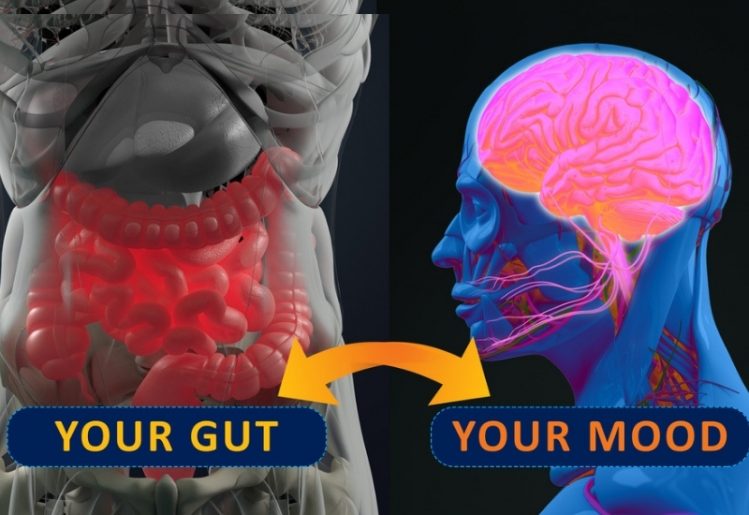 While there are already established links between gut microbiota and brain functioning and mood disorders, a new study suggests yet another connection. Published by the North American Menopause Society (NAMS), the study found a connection between the amount of fiber in the diet and the risk of depression in premenopausal women. Researchers attributed this to the link between dietary fiber and gut microbiome health, as well as the role of gut-brain interactions in mood regulation and brain function.
While there are already established links between gut microbiota and brain functioning and mood disorders, a new study suggests yet another connection. Published by the North American Menopause Society (NAMS), the study found a connection between the amount of fiber in the diet and the risk of depression in premenopausal women. Researchers attributed this to the link between dietary fiber and gut microbiome health, as well as the role of gut-brain interactions in mood regulation and brain function.
According to the study, postmenopausal women didn’t experience as much depression risk reduction connected to dietary fiber as the premenopausal women did. Researchers suggested that this has to do with the way estrogen impacts the balance of gut bacteria, pointing to the difference in estrogen levels between the two categories of women. This study confirmed the importance of diverse and balanced gut bacteria.
The Role of Gut Microbes in Bone Strength
A number of studies have demonstrated that the gut microbiome plays a role in bone strength. Researchers have found that gut bacteria are involved in the modification of bone tissue, impacting overall bone strength. Gut microbiota also have a role in the regulation of bone density loss as estrogen levels decrease.
Researchers using mice demonstrated with fecal transplants containing segmented filamentous bacteria (SFB), a gut microbe that breaks down bone, that the gut microbiome can affect bone structure and density. The eventual goal of such research is to improve treatments for diseases and chronic health conditions that target the bones, such as osteoporosis.
Gut Bacteria and Cancer Risk
Microbial balance and a robustly diverse, healthy gut microbiome are important for keeping undesirable microbes in check. Enterotoxigenic Bacteroides fragilis (ETBF), a microbe typically located in the colon, has been connected to increased breast cancer risk, as well as to colon cancer. In animal studies involving mice, colonizing their breasts or gut tissue with this microbe consistently resulted in tumor cell growth and metastatic progression of those cells.
In another intriguing cancer related study, researchers found some evidence that a healthy gut microbiome may contribute to better breast cancer outcomes in relation to chemotherapy treatment success. This was a very small study, involving just 42 women; 21 with early stage breast cancer and 21 healthy women. However, the results have led researchers to plan further research and larger studies.
Gut Bacteria Impacts Numerous Health Issues
Scientists have connected the health of the gut microbiome to a wide range of health conditions. These include type 2 diabetes, cardiovascular disease and obesity. Some studies show that gut microbiome health can even influence how severely a person is impacted by Covid-19. People who had to be hospitalized due to severe Covid-19 symptoms were more likely to have a less healthy gut microbiome and a poor balance between good and bad gut bacteria. That probably relates to the role of gut bacteria in immune system function, which is essential to fighting off illness and disease.
New research, building on established links to cognitive development and function, indicates that the gut microbiome may even play an important role in the sleep-wake cycle, influencing the circadian rhythm and the production of serotonin and dopamine. Part of the influence of gut bacteria in these processes has to do with their role in the chemical reactions involved in the production of those substances, as well as their part in the chemical reactions that help make up the brain’s communication system.
A Healthy Diet is Essential to Gut Health
T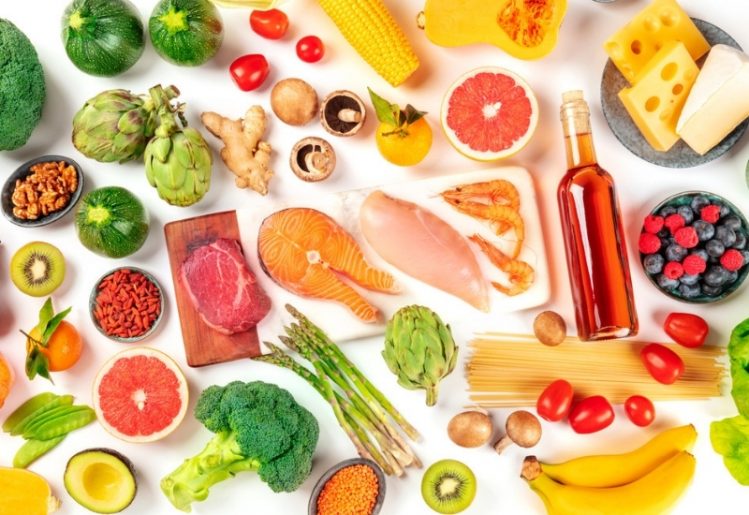 he daily diet is the key element when it comes to the health of the gut microbiome. In fact, researchers have been able to connect specific microbes to specific foods. In the future, that may be able to help produce detailed, food-specific diets to help people with a high risk of a particular disease reduce that risk via modification of their gut bacteria. The typical Western diet, all too often based heavily on overly processed foods, tends to be high in fat and sugar, and low in fiber and nutrition. This diet damages the diversity of gut bacteria that is so essential to overall health and well being.
he daily diet is the key element when it comes to the health of the gut microbiome. In fact, researchers have been able to connect specific microbes to specific foods. In the future, that may be able to help produce detailed, food-specific diets to help people with a high risk of a particular disease reduce that risk via modification of their gut bacteria. The typical Western diet, all too often based heavily on overly processed foods, tends to be high in fat and sugar, and low in fiber and nutrition. This diet damages the diversity of gut bacteria that is so essential to overall health and well being.
Feed Your “Health Partners” Well
Your gut bacteria operate as important partners in your physical health, mental well-being and cognitive function. Feed them – and yourself – well for optimal health. Enjoy a varied, diverse diet and you’ll have a diverse collection of gut bacteria. Include real, whole foods, including plenty of fresh fruits, vegetables, legumes and beans in the daily diet. Reduce the use of highly processed foods with a goal of eliminating them altogether. Taking a high-quality supplement that provides both prebiotics and probiotics can also help promote a healthy balance of gut bacteria. Ensuring you are feeding your body what it needs to keep your gut microbiome healthy and diverse will undoubtedly improve your overall health.
 The health benefits of curcumin,
The health benefits of curcumin,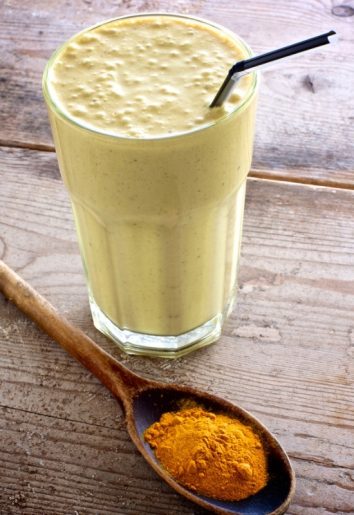 Fresh turmeric root is a great addition to your morning smoothie. You can also add a bit of the ground spice to get in your daily dose of curcumin. While it normally possesses a strong flavor, putting turmeric in a smoothie will usually disguise it when used in moderation.
Fresh turmeric root is a great addition to your morning smoothie. You can also add a bit of the ground spice to get in your daily dose of curcumin. While it normally possesses a strong flavor, putting turmeric in a smoothie will usually disguise it when used in moderation. People tend to get less
People tend to get less 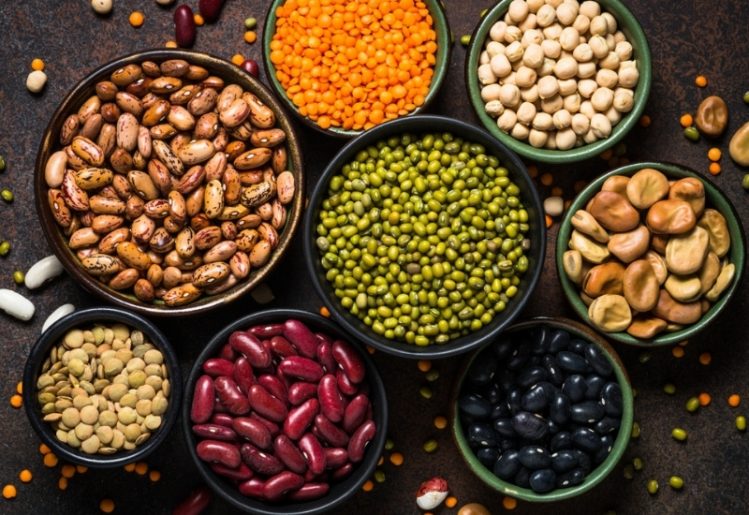 Reduce Stress and Promote Relaxation
Reduce Stress and Promote Relaxation Depending on how serotonin is used by the body, it can act as either a neurotransmitter or a hormone. It works by helping nerve cells communicate with one another and, in this way, allows the brain to regulate mood and emotional health. Serotonin also promotes communication between the brain and the gut in regard to regulating appetite and the digestive process.
Depending on how serotonin is used by the body, it can act as either a neurotransmitter or a hormone. It works by helping nerve cells communicate with one another and, in this way, allows the brain to regulate mood and emotional health. Serotonin also promotes communication between the brain and the gut in regard to regulating appetite and the digestive process.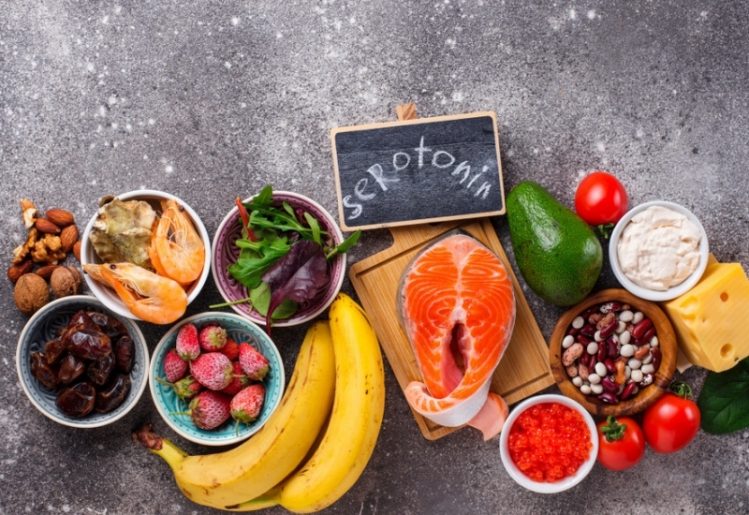 You can help your brain to
You can help your brain to 
 Technology can present practical solutions for sharing Thanksgiving in a time of social distancing. Reduce feelings of isolation or loneliness by spending time together via Zoom, perhaps even sharing a holiday meal or dessert together online or getting together after the big meal to chat over coffee. You may even find that, without the usual hustle and bustle of meal prep for a crowd, you actually share more quality time than usual with relatives and friends. Make sure that
Technology can present practical solutions for sharing Thanksgiving in a time of social distancing. Reduce feelings of isolation or loneliness by spending time together via Zoom, perhaps even sharing a holiday meal or dessert together online or getting together after the big meal to chat over coffee. You may even find that, without the usual hustle and bustle of meal prep for a crowd, you actually share more quality time than usual with relatives and friends. Make sure that 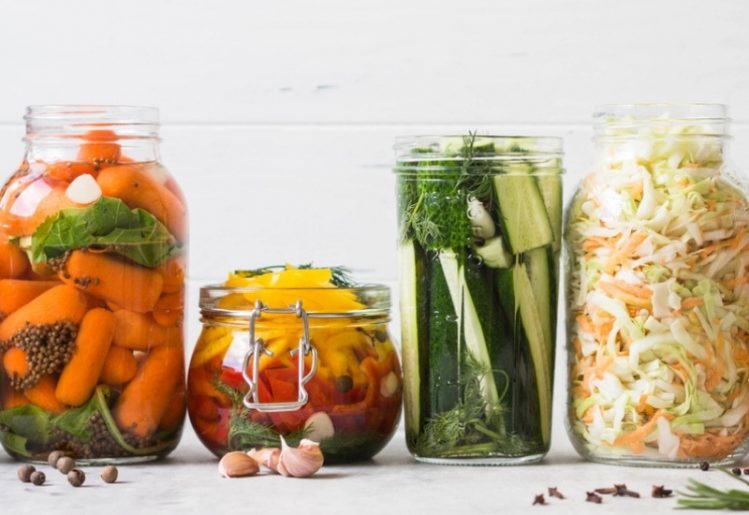 One of the most important things you can do nutritionally to support overall health and well-being is to eat real food. Eliminate as many processed foods as possible from the daily diet. Be especially ruthless in cutting out highly processed foods.
One of the most important things you can do nutritionally to support overall health and well-being is to eat real food. Eliminate as many processed foods as possible from the daily diet. Be especially ruthless in cutting out highly processed foods. 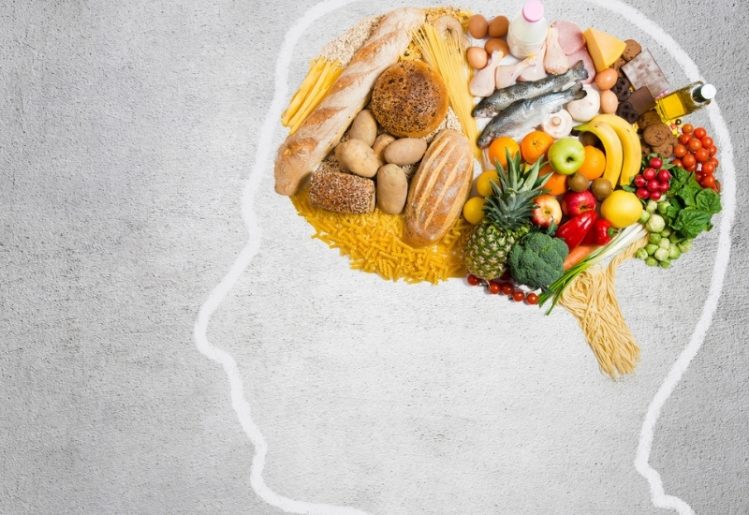 Maintaining energy levels isn’t just about feeling physically energetic. Proper energy levels also impact the mind – both mood and cognitive function. Many people feel sluggish during the winter months with their shorter days and longer nights.
Maintaining energy levels isn’t just about feeling physically energetic. Proper energy levels also impact the mind – both mood and cognitive function. Many people feel sluggish during the winter months with their shorter days and longer nights.